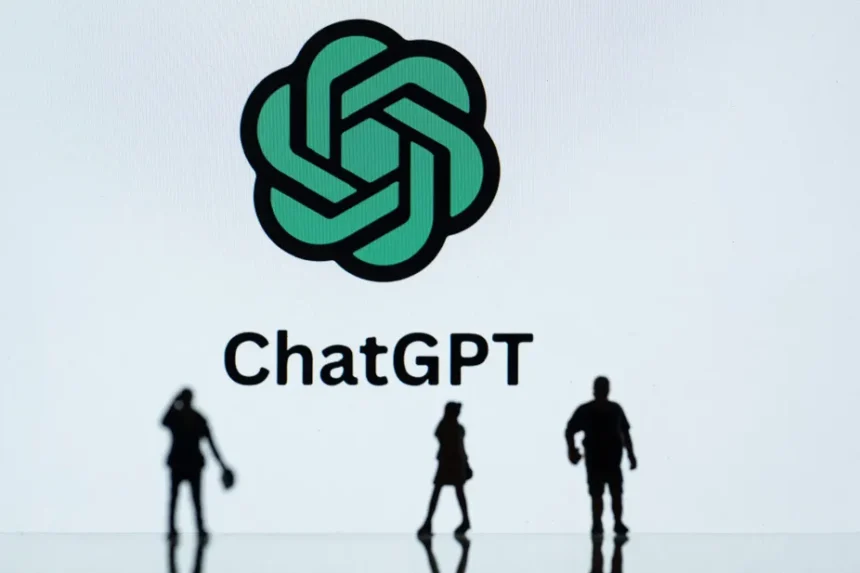OpenAI is once again leveling up ChatGPT’s capabilities — and this time, it’s all about making your chatbot experience more personal and intuitive than ever before.
In a recent update quietly released on OpenAI’s support pages and changelog, a new feature called “Memory with Search” was introduced. This powerful addition gives ChatGPT the ability to use your stored preferences and past conversations — known as “memories” — to enhance its web searches. Essentially, the chatbot can now tailor search results to align more closely with your lifestyle, habits, and interests.
What is “Memory with Search”?
Imagine asking ChatGPT a vague question like, “What are some restaurants near me that I’d like?” If you’ve previously told ChatGPT that you’re vegan and live in San Francisco, it will now automatically refine your question to something more specific like “best vegan restaurants in San Francisco.” That’s the magic of Memory with Search — it understands context from previous chats and uses it to make your queries sharper, smarter, and more relevant.
This feature represents a significant evolution of ChatGPT’s memory system. Previously, memory allowed ChatGPT to recall facts like your name, preferences, or recurring topics you discuss. Now, it’s using that same memory to optimize how it pulls information from the web, offering responses that are not just accurate but personalized.

Why This Matters
This upgrade comes at a time when AI assistants are increasingly becoming a part of our daily routines — from planning dinners to researching complex topics. By incorporating your personal context into web searches, ChatGPT moves closer to being a true digital assistant that understands you in a deeper way.
It also shows OpenAI’s commitment to staying ahead of the curve in the competitive AI landscape. With competitors like Google’s Gemini and Anthropic’s Claude already dabbling in memory-driven features, OpenAI is doubling down on making its AI not just smarter, but more user-aware.
Who Has Access to It?
As of now, it’s unclear which users have received access to Memory with Search. Some users on X (formerly Twitter) report that the feature began rolling out earlier this week. Others haven’t seen it appear in their settings yet, suggesting that it may be part of a gradual rollout or limited beta.
To check if you have access, head over to your ChatGPT settings. If you see the “Memory” option available, you may be able to enable or disable the feature directly from there. Keep in mind: if you turn off Memory entirely, “Memory with Search” will also be disabled.
Privacy and Control
OpenAI emphasizes that users have full control over what ChatGPT remembers. You can view, edit, or delete memories at any time. If you prefer a more private or stateless experience, simply turning off memory ensures that ChatGPT won’t retain details from your conversations.
This transparency is crucial, especially as personalized AI grows more sophisticated. OpenAI’s approach gives users both the power of personalization and the peace of mind that their data isn’t being misused.
Final Thoughts
“Memory with Search” marks a bold step forward for ChatGPT. By blending real-time information from the web with personalized knowledge about you, ChatGPT becomes not just a search tool — but a thoughtful assistant that anticipates your needs.
As the rollout continues, expect even more enhancements aimed at making interactions with AI feel more human, seamless, and individually tailored. Whether you’re a casual user or someone who relies on ChatGPT daily, this new feature could make a meaningful difference in how you engage with the internet — one search at a time.










